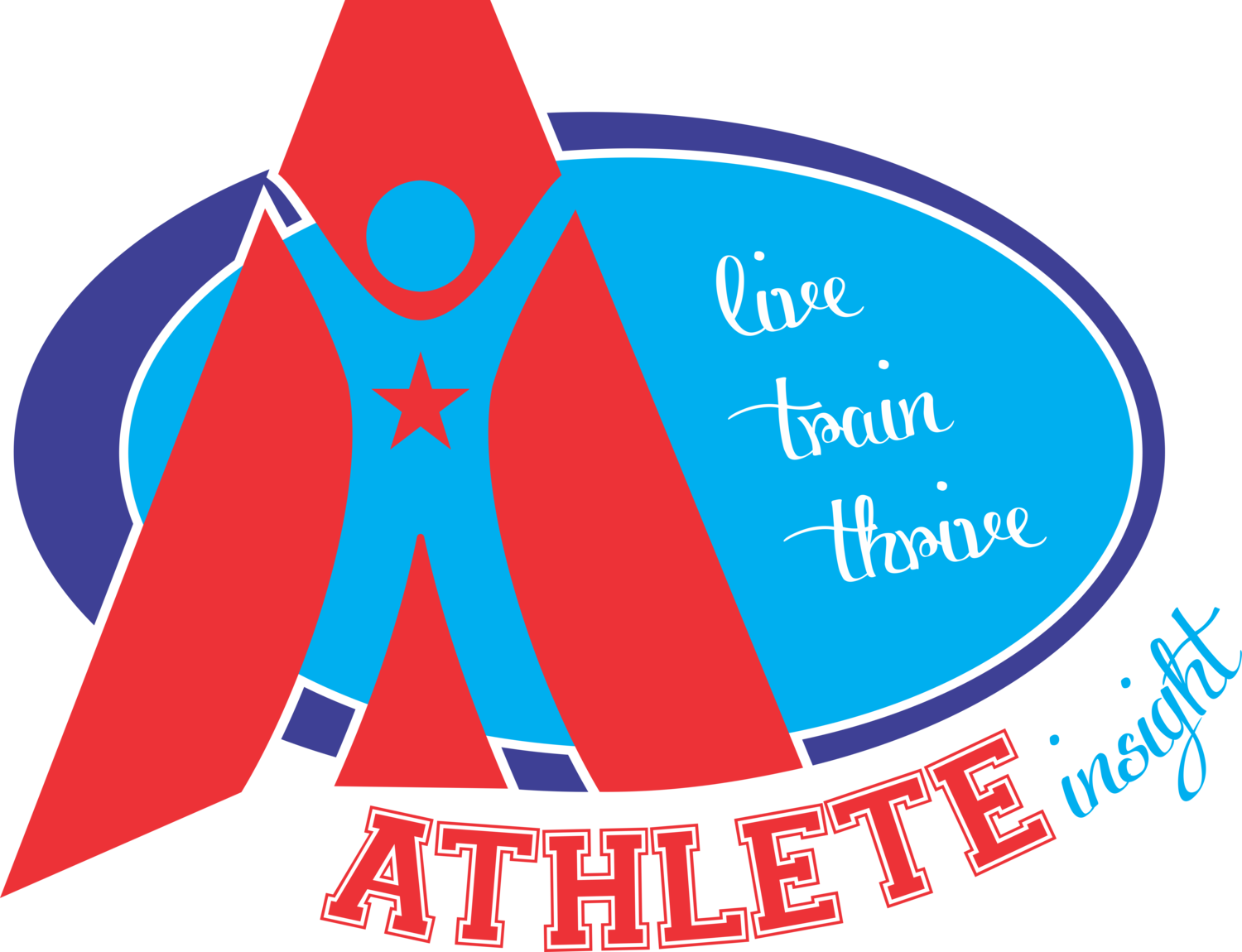By Kate Bennett, PsyD
NEDAwareness Part 2: Athletes and Eating Disorders
On more than one occasion, athletes joked with me that “in order to be a good athlete you almost have to have an eating disorder.” While I understand where the statement comes from, I completely disagree: To be the best athlete you can be, you need to be physically and psychologically sound. Health and eating disorders are not synonymous, nor are eating disorders and peak performance. The very nature of eating disorders inevitably interferes with performance by negatively impacting overall health. When limiting the impact of eating disorders to performance, they have been known to decrease VO2 max and endurance, increase levels of fatigue, interfere with recovery, lead to injuries, and impair concentration during workouts and performances. Not to mention the negative impact on physical and psychological health.
Countless studies examined the variability of eating disorders among athletes and non-athletes. The research is inconclusive in terms of clearly demonstrating a higher occurrence within one population. However, it is clear that athletes face more risk factors related to the development of eating disorders then non-athletes. Sport culture in and of itself is a breeding ground for disordered eating behaviors. Hence my understanding of the “joke” I started with.
As a specialist in the treatment of athletes with eating disorders, I recognize that many athletes engage in disordered eating behaviors. I accept that disordered eating behaviors exist in sport in order to gain competitive edges and fine-tune bodies. I also understand the difference between goal-driven athletic pursuit and disordered eating behaviors gone too far. I specialize in detecting the nuances between “I am an athlete” and “you have an eating disorder.”
Rather than further promote disordered eating in sport by normalizing certain behaviors, let’s focus on what concerns me as a psychologist.
“Bonking”: Bonking is a term familiar to endurance athletes. It occurs when your body runs out of glycogen (fuel) in the middle of a workout and you do not have food on hand to refuel immediately. The outcome is that you find yourself fixating on the nearest gas station and what you will buy in order to fuel your body and return home. No athlete chooses to bonk as the period between recognizing hunger and the opportunity to refuel is dreadfully long and slow.
Translate that into eating disorder language: Athletes who find themselves constantly preoccupied by what they are going to eat, what they cannot eat, when they will eat, and what they just ate are likely in starvation mode. Human bodies are hard-wired to survive. When they do not get the fuel they need, they become preoccupied by meeting the most primitive and basic need they have: Food.
Preoccupation with Body Image: Typically, diets gone wrong in athletes begin with manipulating weight to improve performance. Focusing on weight, restricting intake, and exercising more to impact outward appearance versus working towards specific performance goals is a telltale sign of athletic pursuit gone too far.
Intention of Exercise: Clearly, working out and physical training is an essential component of developing athletic potential. However, increasing training loads without clear goals, exercising secretively, and adding workouts to negate caloric consumption are definitely causes for concern.
Lack of Fulfillment: Athletes engage in sport because they derive inherent satisfaction from it. Certainly, there are days and seasons when training is arduous; however, the gratification from participating in sport outweighs those periods. Lacking passion, joy, and fulfillment is concerning. Furthermore, feeling obligated, rigid, and obsessive about workouts may signal athletics gone wrong.
At the end of the day, I accept sport culture for what it is and navigate my clinical work to respect the culture. However, disordered eating behaviors are always cause for concern because they may result in serious physical and psychological health consequences. Take a step back and ask yourself whether you or someone you know may be struggling. If so, reach out for help. With recovery comes freedom, joy, and passion.

